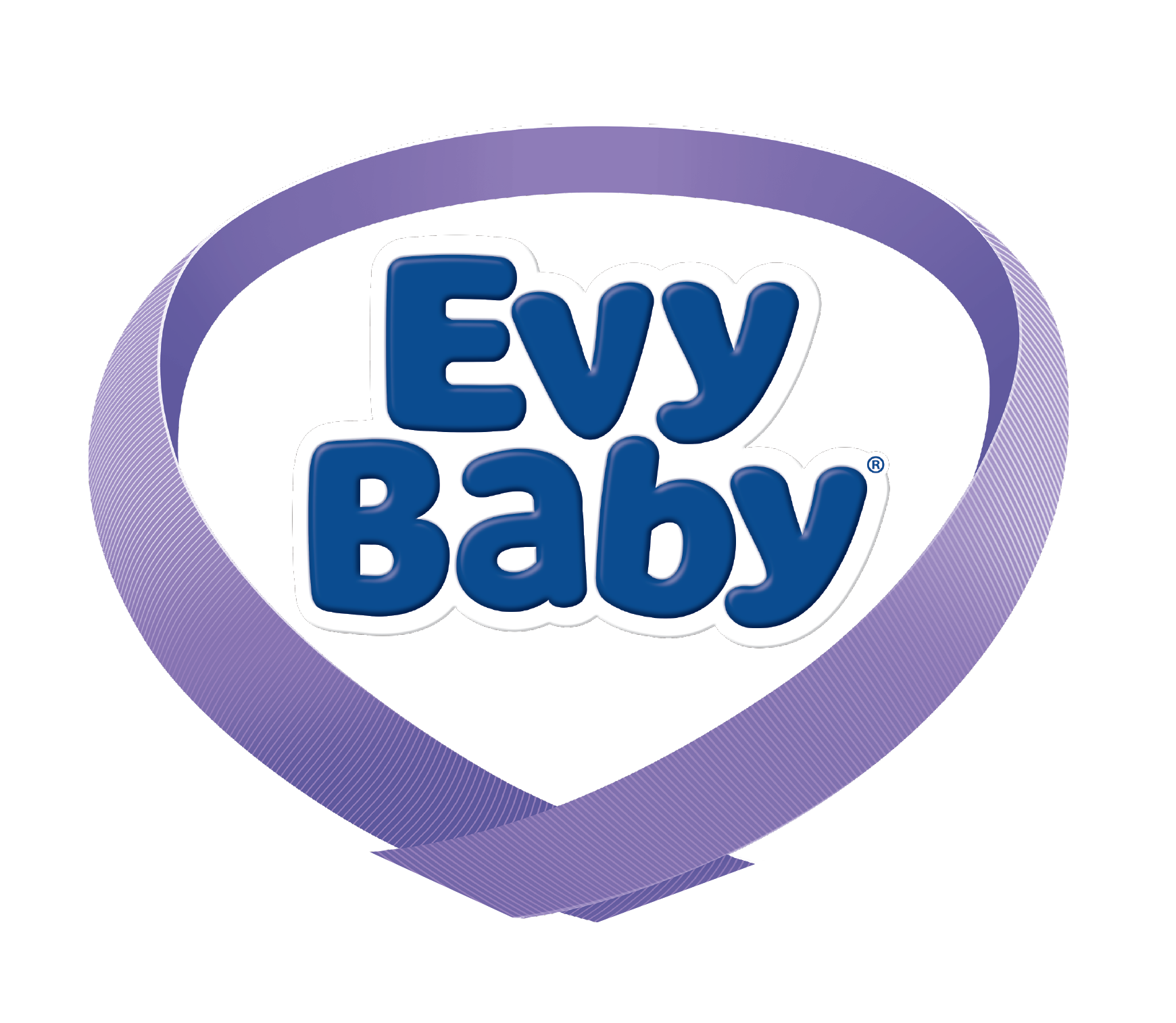

You've got news of the family’s youngest member’s arrival. You are in a new period where it is difficult to explain your excitement and your joy. Now, in your tummy, there is a little baby who will grow day by day and will open her/his eyes to the world at the end of nine months. But this new era requires taking decisions and many new habits that will change your daily routine, at least in the short term. Foremost among them is a balanced healthy diet, which directly affects you and your baby.
From now on, you will think about not only yourself but also the little baby that you carry and you will make an effort to get the best nutrition possible for both you and your baby. We are aware of that you may be confused about what is right and wrong; you may be lost in information thrown at you from all angles. That’s why, today in Mom’s Land, we will share very important advice with you about how good nutrition during pregnancy should be.
During the first three months of pregnancy, you should eat frequently but in small amounts. During this period, to overcome nausea, you should avoid spicy, strong-smelling and and fatty foods. Instead, white chickpeas, salted foods, ginger biscuits and plain crackers can help you to cope with nausea.
During this period of pregnancy, it is extremely important to pay attention to your daily calorie intake. Before pregnancy, the recommended amount of calories for women per day is 1600; after during pregnancy this should be increased to 2200. Additional light snacks such as fruit and yogurt can help to increase your calorie intake.
During pregnancy, you should definitely not forget to consume milk and dairy products. For the development of yourself and your baby, you should drink at least one glass of milk or you should eat a cup of yogurt a day to meet your calcium and protein needs.
You should add foods that are rich in protein like egg and red meat in your diet. We advise you to consume at least three eggs per week. You should also be sure that red meat is cooked thoroughly and you should avoid meat and meat products containing additives to prolong shelf-life.
It is better to have light but nutritious and healthy foods for your evening meal. Salads, dishes made with olive oil etc. are very important in terms of both intestinal health and vitamins.
Don’t forget to have enough omega 3, which has a positive effect on pregnancy. This mineral, found in dried fruit, almonds and walnuts etc., has a big effect on your baby's development.
Likewise, as an important source of omega-3, oily fish is a wonderful food for pregnancy and should be eaten at least once a week. The important point here is that you should avoid seafood containing mercury like mussels, clams etc. and not to consume any raw fish meat like sushi. As with everything else, too much consumption of fish is harmful during pregnancy, and you certainly shouldn’t consume more than 350 grams of fish per week.
During pregnancy, you should definitely stay away from alcohol and tobacco. If you already drink or smoke, you should stop as soon as you find out you are pregnant. If you want to give your baby the best chance to be both physically and mentally healthy, you should avoid these two substances.
Pregnancy requires a diet as natural as possible. With this in mind, you should avoid foods containing additives and flavouring.
If you frequently consume tea and coffee during the day, it is now time to review this habit. More than 10 cups of tea and coffee a day increases the risk of premature birth. Over-consumption of caffeine in coffee and tea, can be harmful for the body, and it is not recommended to have more than two cups of coffee or tea a day. If possible, you should avoid these drinks during your pregnancy and consume natural herbal tea without additives instead.
It is necessary to stay away from sweet and heavy meals when you are pregnant. Instead of fried, fatty foods and desserts with syrup; easy-to-digest fibrous foods should be preferred. You should try to meet any irrepressible dessert cravings with dairy desserts and fruits.
Water, which is the source of life, becomes even more important during pregnancy. Regular and adequate water consumption plays a very important role in the prevention of constipation and to aid kidney function. Moreover, drinking water adjusts the salt balance in the body and takes it back to a normal level if it is high. Water also regulates the circulation, which slows down during pregnancy.
In this article, we have shared some tips about a natural, healthy and balanced diet for you and your unborn baby. If you follow these rules, we believe you will have a healthy and happy pregnancy. We hope to see you again in another Mom’s Land article!